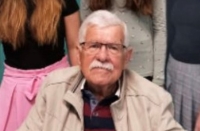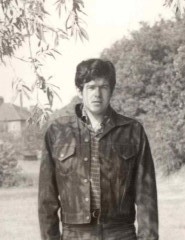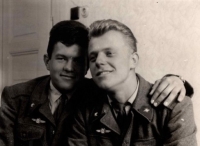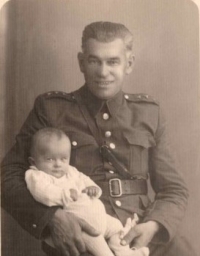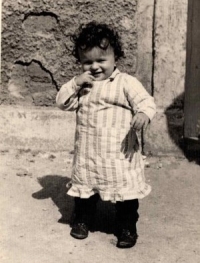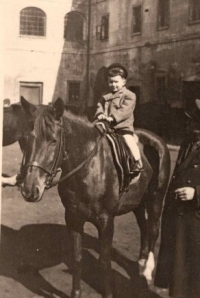Keep a straight face

Download image
Karel Valenta was born on March 27, 1945 in the Josefovská fortress, near Jaroměř. He spent the first seven years of his life there with his grandfather, the legionnaire František Palaš. He suffered from polio in his childhood. Hippotherapy also helped him to recover. In 1952, Karel moved to Prague with his parents, where he started elementary school. After completing primary education, he studied at a hotel secondary school. He worked in various positions in hotels until his retirement. He also met his future wife at work. They later raised three sons together. In 1968, he lived in Prague’s Vinohrady, so he had a direct view of the battle for Czechoslovak Radio during the invasion of the Warsaw Pact troops from his window. He spent the years of normalization with his family without major problems. After the Velvet Revolution, he started running a business. In 2022, he lived in Stráž nad Nisou.
